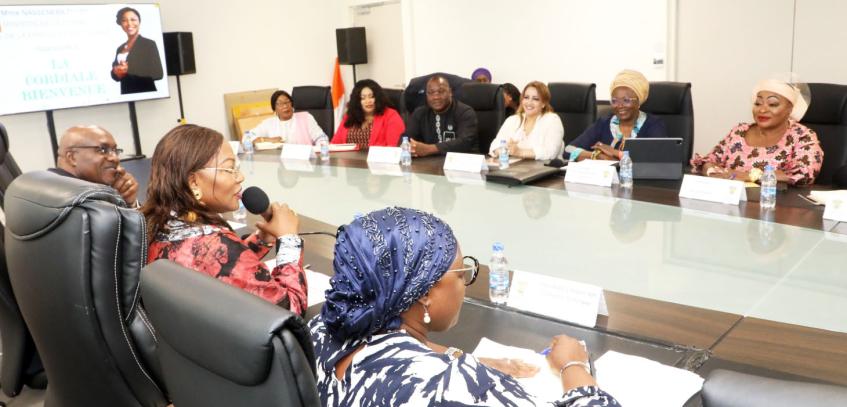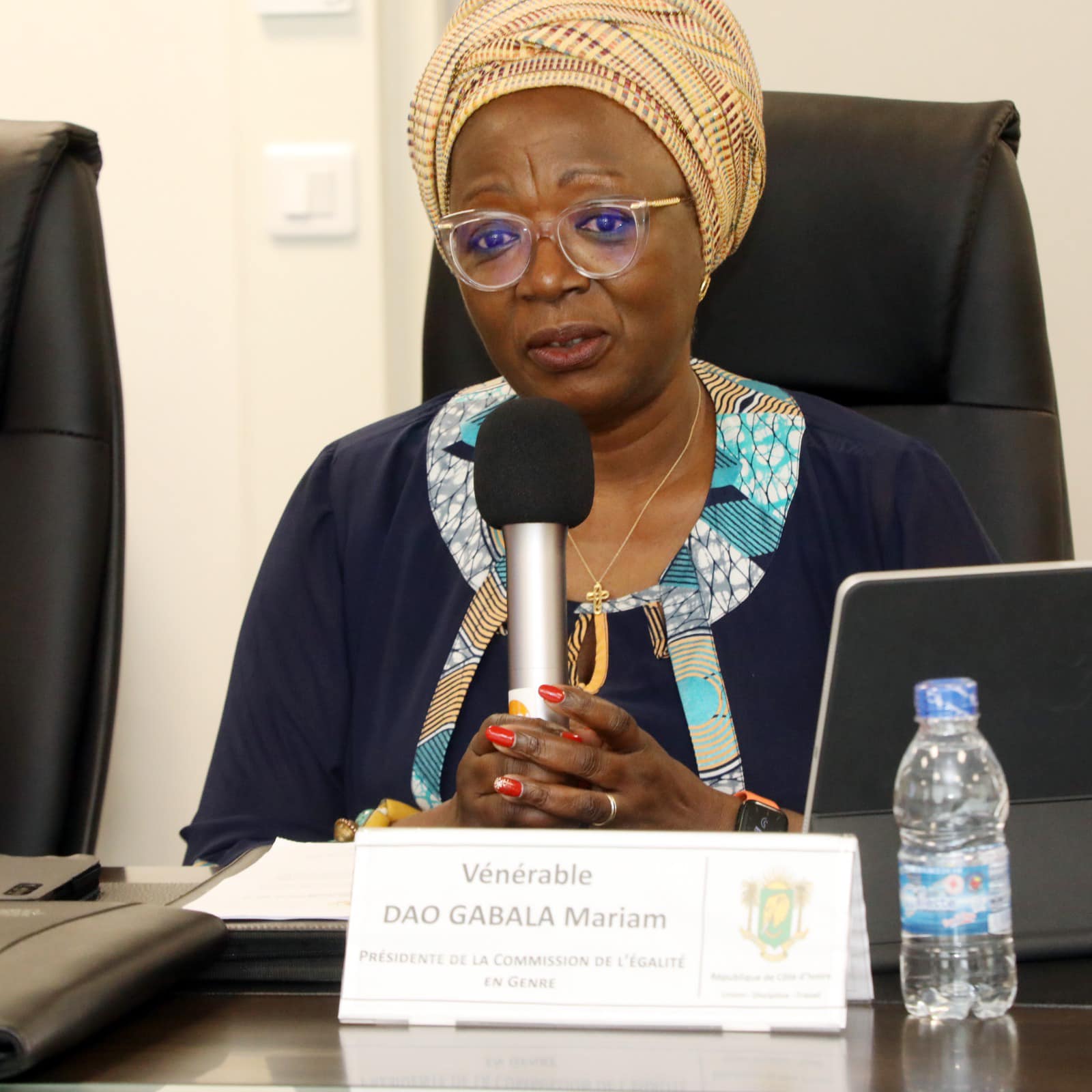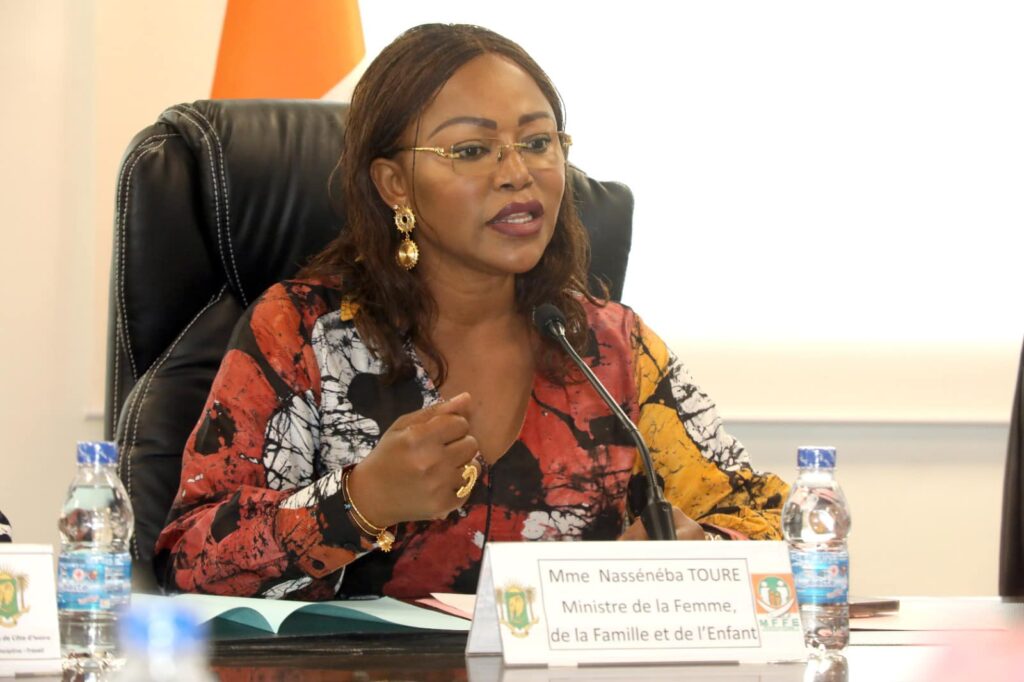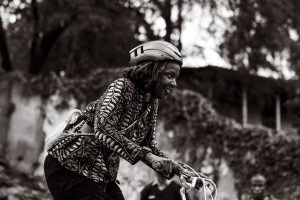PAP Committee and Ivorian Minister Discuss Progress on Gender Equality and Family Issues in Africa


By Baboloki Semele: In a recent meeting held in Abidjan, members of the Pan-African Parliament’s (PAP) Permanent Committee on Gender, Family, Youth, and People with Disabilities met with Mrs. Nassénéba Touré, the Minister of Women, Family, and Children of Côte d’Ivoire, to assess the continent’s progress on gender equality and family welfare. This meeting forms part of PAP’s ongoing advocacy mission to promote the ratification and domestication of critical African Union (AU) protocols that safeguard the rights of vulnerable groups, including women, children, and persons with disabilities.

Led by Hon. Mariam Dao Gabala, Chairperson of the PAP’s Gender Committee, the delegation shared details of PAP’s latest efforts to address gender inequality through a comprehensive Model Law on Gender Equality and Equity, which was finalized in June 2024. This proposed legislation is aimed at closing the gaps left by existing international and regional legal instruments, such as the Maputo Protocol, and helping African countries better align their gender policies with the objectives of Agenda 2063.
“This Model Law on Gender Equality and Equity will serve as a tool to domesticate international and regional frameworks on gender equality within African countries. It also draws on national laws to ensure its relevance and compatibility with existing legal frameworks,” Hon. Dao Gabala said during the discussions.
The PAP delegation also emphasized the importance of a Model Law on Disability, which is currently in development. This law will offer a comprehensive framework for protecting the rights and welfare of persons with disabilities across the continent. Furthermore, the delegation briefed Minister Touré on a recent seminar hosted by PAP, which focused on enhancing African family values and strengthening parliamentary capacity to oversee the implementation of AU policies related to family and social welfare.
One of the key recommendations from the seminar was the need for AU member states to expedite reforms to family laws and promote the ratification of AU protocols on the rights of older persons, social protection, and the well-being of children. Parliamentarians were also encouraged to advance legislation that supports the socioeconomic development of African families.

Minister Touré lauded PAP’s ongoing efforts, highlighting Côte d’Ivoire’s own strides in promoting gender equality and family welfare. She noted the country’s progress in ratifying and implementing the Maputo Protocol, which has led to significant advances in women’s access to financial resources, protection of civil liberties, and legislative action against gender-based violence, including female genital mutilation and domestic violence.
“The fight against family discrimination, the promotion of women’s rights, and the economic empowerment of women through support funds have been critical to our progress. However, we recognize that more work remains, and we welcome the PAP’s efforts to create this Model Law on Gender Equality and Equity,” Minister Touré said. She also pledged to review the framework and provide input from Côte d’Ivoire’s perspective.
The meeting concluded with a renewed commitment from both the PAP and the Ivorian government to continue working towards enhancing family welfare and advancing gender equality. Both parties agreed that while significant progress has been made, sustained efforts are necessary to address the ongoing challenges facing African families today.
According to a press release availed to this publication, this collaboration is seen as a key step in ensuring that African nations continue to strengthen the legal frameworks that promote the development and well-being of their populations, with a focus on gender equality, family values, and the protection of vulnerable groups.






